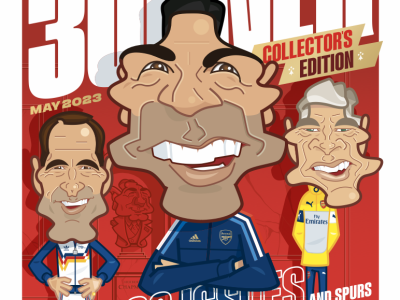When most go to a casino in Great Britain, they're struck by the gaudy lights, the constant beeping of the machines, and the overall vibe. But few people realize that every square inch of that arena—from the carpet to the lights to the sound—is designed for one thing only: to get you to play. This principle applies not only to physical locations but also to online platforms like australia-bonusesfinder.com/software/aristocrat-no-deposit-bonuses/, which uses attractive no deposit offers to encourage player engagement from the moment they land on the site. Casino design is a well-crafted psychological plan to get players to spend as much time and money as possible on the floor. Whether a visit to a London casino or an internet site, most of these techniques are subtle, but extremely effective.
This article explores the psychology behind casino design in the UK and how it leverages human behavior to influence gambling activity. We’ll break down the key tactics used in both physical and online casinos, and consider the ethical implications of these designs.
The “No Time, No Exit” Concept
One of the oldest casino design tricks is the elimination of time cues. You won't see any clocks on walls or windows offering glimpses of daylight in most UK casinos. The absence of time cues disorients customers, welcoming them to stay longer than they might otherwise. Without any hint that hours have passed, players can become trapped in a time-free loop of play.
Casino expert Tony Sloterman says that design is meant to cause what psychologists call a "flow state," where people get so engaged in an activity that they lose track of time and self-awareness. Casinos aim to create this flow with atmospheric and environmental cues.
Layout and Navigation: Getting Lost on Purpose
Casinos usually use maze architecture, with curved paths and a minimal reliance on straight lines. This arrangement forces gamblers to walk through the various gaming spaces—slots, table games, and sometimes retail or restaurant space—before they find exits or restrooms. The expectation is that something along the way will catch their eye and have them move into playing "just one more game."
In some UK casinos, especially older ones, the layout is so intentionally confusing that even frequent visitors find themselves rediscovering paths. The reason is clear: keep you in, keep you playing.
Sensory Manipulation: Lights, Sounds, and Scents
A defining characteristic of any casino is its sensory environment. In land-based casinos across the UK:
Lighting is dim and warm, creating a cozy and inviting atmosphere. Sound design is crafted to build anticipation. Slot machines emit high-pitched, rewarding sounds with each spin—even on a loss—to simulate wins. Scent marketing is subtly used to evoke comfort or excitement. Some casinos pump in specific fragrances to elevate mood and reduce anxiety.
One prime example of this is Australia-BonusesFinder, a global online platform that lists top casino promotions, free spins, and deposit bonuses. While the platform is geared toward Australian players, it showcases how digital design leverages bonuses and exclusive offers to keep users browsing and registering on casino sites. The appeal of getting “something for nothing” taps directly into consumer psychology.
Key Psychological Design Elements in British Casinos
Feature
1 - No clocks or windows
2 - Maze-like layout
3 - Warm, dim lighting
4 - Uplifting machine sounds
5 - Scented environments
6 - Minimal signage
Psychological Goal
1 - Removes time awareness, prolonging gameplay
2 - Encourages accidental discovery and extended stay
3 - Induces comfort and reduces stress
4 - Mimics winning, even on losing spins
5 - Enhances mood and memory retention
6 - Makes it harder to leave without encountering games
Ethical Considerations and Responsibility
While the psychology behind casino design is undeniably fascinating, it raises important ethical questions. Is it fair to manipulate people into spending more than they intended? Should casinos be required to disclose how their environments are designed to influence behavior?
Fortunately, British regulations offer some safeguards. The UK Gambling Commission mandates clear labeling of game odds, self-exclusion options, and partnerships with problem gambling organizations such as GamCare. Still, the subtlety of design manipulation means that many players remain unaware of how their behaviors are being shaped.
An excellent resource to understand how design psychology is applied across industries, including gambling, is the BBC Future article on psychological design.








